 This Is 17
It was 2 a.m. on a Tuesday evening and I tried to lay still but my mind spun and heart raced. I was replaying a conversation I had had with my 17-year-old son earlier that evening. It was one of those difficult, reality check, let-me-give-it-to-you straight types of conversations that included messages about the hard edges of life, how there really are no short cuts, that wanting something is usually not enough, that effort is almost always rewarding regardless of the outcome and how when you hit difficulties that seem insurmountable, you have a few choices: you can crumble and quit, or you can do everything in your power to try to help yourself achieve your goals.
This Is 17
It was 2 a.m. on a Tuesday evening and I tried to lay still but my mind spun and heart raced. I was replaying a conversation I had had with my 17-year-old son earlier that evening. It was one of those difficult, reality check, let-me-give-it-to-you straight types of conversations that included messages about the hard edges of life, how there really are no short cuts, that wanting something is usually not enough, that effort is almost always rewarding regardless of the outcome and how when you hit difficulties that seem insurmountable, you have a few choices: you can crumble and quit, or you can do everything in your power to try to help yourself achieve your goals.
Rewind. Play. Rewind. Play. I heard the words leaving my mouth, traveling across my office to reach him where he stood with his arms crossed at the doorway. I saw his eyes pull away from mine and the corners of his mouth turn downward. I knew these words/my words stung him.
Shoot the messenger!
I was overwrought with guilt for feeling like I needed to deliver these messages when I could see how heavily the toll of junior year was weighing on him. And these messages were not new to him. He has not only heard them from his parents but from teachers, coaches, and mentors who have cared about him enough to give him an extra push and some constructive guidance. And, most importantly, he has learned them himself—out there in the real world—succeeding, failing, picking himself up, succeeding, failing, trying again—just like the rest of us. I knew he had been listening and learning...but I told myself that I needed to make sure that he REALLY "got it." But after the words came out and I felt the regret sink in, I asked myself, "What does REALLY "getting" something mean at 17? What does it even mean at 47?"
I went into the kitchen and poured myself a bowl of cereal. Maybe the Wild Berry Clusters and Flakes would take away the pit in my stomach that accompanied the thoughts of, “You really screwed up. You didn’t need to say those things to him. You are putting even more pressure on him. He is going to crack.”
I knew that my intention was to ready him for the sometimes harsh world that periodically hurls daggers of disappointments at us, whether we are ready for them or not. And even though I had made sure to tell him that I have always and will always love and accept him exactly the way his is, I also told him that the world might not always be so kind; that colleges would only know him by his GPA, ACT score, and a 500-word essay. What I wanted to say, but chose to omit because I knew he would immediately roll his eyes and say very clearly, "STOP, MOM," was that the seemingly powerful people who will only know him by a piece of paper and will soon determine his fate (or at least where he is admitted to college) won’t know some very crucial things about him. They won't know that he bear hugs his younger brother every day and helps him with his homework without being asked; that he tells funny stories to his little sister when she has trouble falling asleep; that he drives his siblings to school every day; and that he loves and treats his friends like brothers. But I do know, and so does he.
And this is 17: Mothering him with unwavering love and support, but trying to determine when the unconditional love includes honestly and intentionally delivering messages that will help prepare him for the real world; helping him formulate his future plans while guiding him in the management of his the immensely growing number of current responsibilities and pressures; and slowly and gently turning the reigns of his life over to him as he moves toward exiting his boyhood dependence and responsibly embracing his adulthood independence.
And in the midst of it all, when I least expect it, I find myself staring at him. Wanting to slow down the clock, and maybe even rewind it to revisit a few moments of his childhood where I could hear him say, “Uppy, Mommy” one more time, or see his ear to ear grin when he impressed the whole neighborhood by riding his bike with no training wheels at 20 months, or to feel the warmth of his small, trusting hand clutching mine as I walked him into his first day of preschool. But I can’t because time is flying by at a pace unlike anything I experienced in his early years—before he drove a car, attended school dances, spent the summer in Israel, and began his college search—before he was readying himself to leave his childhood behind.
This is 17.
This Is Childhood
My eyes, damp with tears, veer away from my cereal bowl and fall upon the book that I had just received in the mail. I opened "This is Childhood,” edited by Randi Olin and Marcelle Soviero of Brain, Child Magazine, and was immediately pulled into its wonder and comfort, and into my own memories.
As I read through the 10 essays, each one representing a different age of childhood, 1 through 10, I felt an immediate connection with the writers and their stories, including local writers Nina Badzin (This is Three), Galit Breen (This is Four) and Tracy Morrison (This is Seven). Each essayist gives a unique, realistic and poignantly beautiful portrayal of what that particular age looked and felt like. Within their personal stories lie many universal themes like “three has an almost worrisome obsession with bandages that we parents accept for the speed at which they make tears go away” (Nina Badzin) that unite all mothers and make us nod our heads in unison, “Yep, mine did that too,” or “I felt the exact same way.”
I love this book and my only regret is that I didn’t have it sooner. My baby is 10 and I am already beginning to forget the “time stands still” moments that spill out onto every page of this book. And at the end of each essay, there is a prompt that encourages the reader to take a moment and reflect on what that particular age looked/looks and felt/feels like to them by zeroing in on a specific moment or angle like: “Is your little one more big or more little at age four? Capture the words and the faces, the jokes and the stories that make it so.”
My extremely inconsistent journaling and nearly empty baby books (not even positive that I have one for my 4th child) have left me with only fading memories of these years (wish I had started my blog 19 years ago!). But I think to myself that maybe I will try to resurrect some of these memories and jot them down in my newly treasured book.
But for now, it’s 3 a.m. and the few remaining flakes of my cereal rest soggily at the bottom of my bowl. My tears had dampened many pages of my new book as reading the deeply meaningful essays triggered the release of many sweet memories of my children’s early years; especially, those of my 17-year-old. I am baffled by the passage of time.
In returning to the thoughts about my earlier encounter with my son, I feel more at peace. The book reminded me that I have spent the past 17 years loving and guiding this green-eyed, loving boy who was well on his way to manhood. I knew he was going to be just fine. I knew he trusted me to tell him the truth, even if it stings a little.
But once in a while, it certainly would be nice to be able to revert to the fail-safe, take-the-pain-away-immediately band aide method. Unfortunately, however, this no longer works at 17.
Click here to order your copy of this wonderful book—Enjoy!
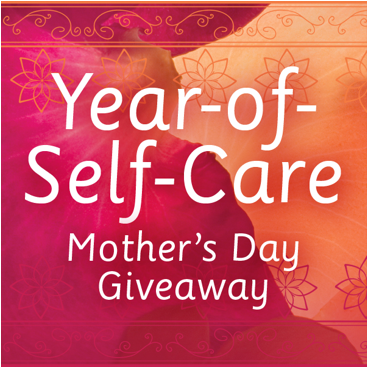


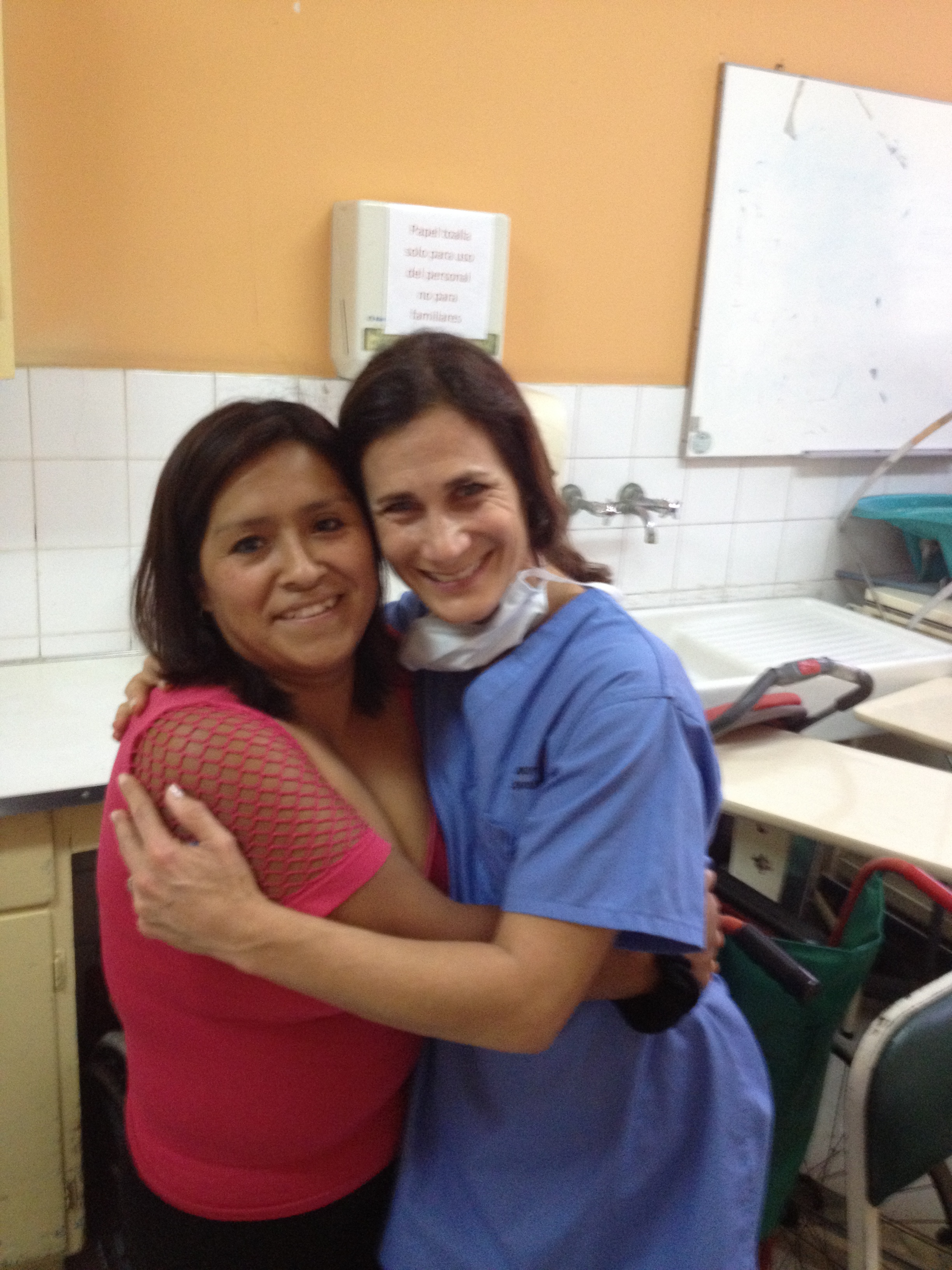

 “The angry man should make himself like a deaf person who does not hear, and like a mute person who does not talk. If he must speak, it should be in a low voice and with words of reconciliation. Even if his heart is burning like fire, and his rage flames within him, he is capable of controlling his words.” (by Rabbi Eliezer Papo from his essay entitled "Anger")
“The angry man should make himself like a deaf person who does not hear, and like a mute person who does not talk. If he must speak, it should be in a low voice and with words of reconciliation. Even if his heart is burning like fire, and his rage flames within him, he is capable of controlling his words.” (by Rabbi Eliezer Papo from his essay entitled "Anger")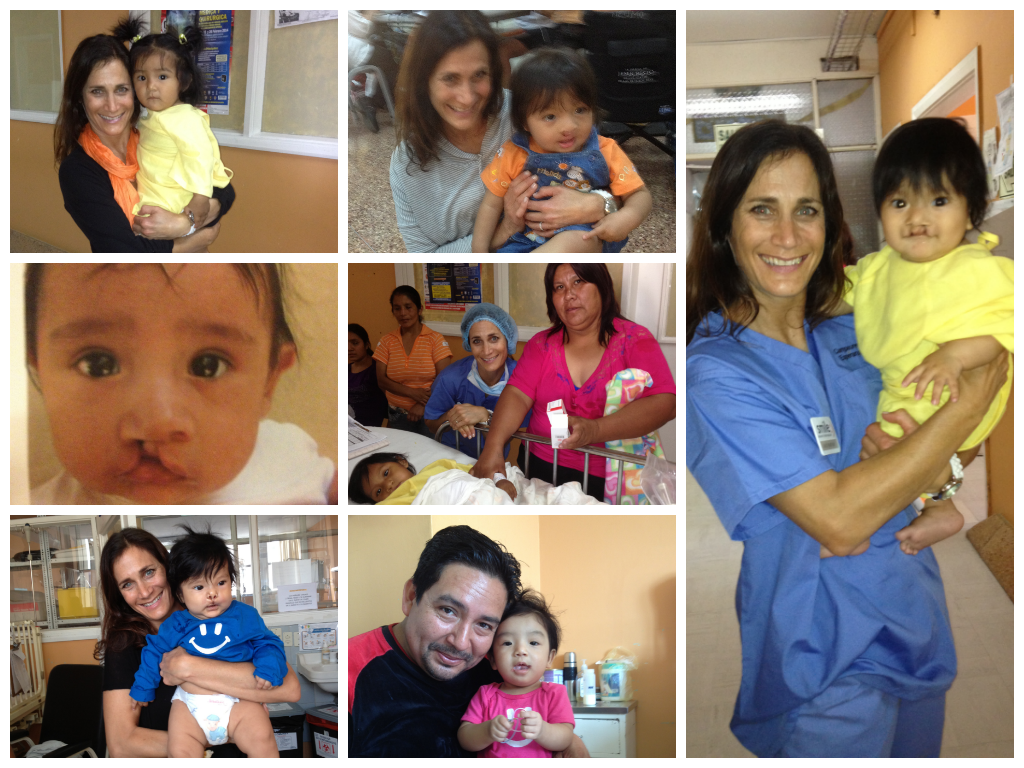
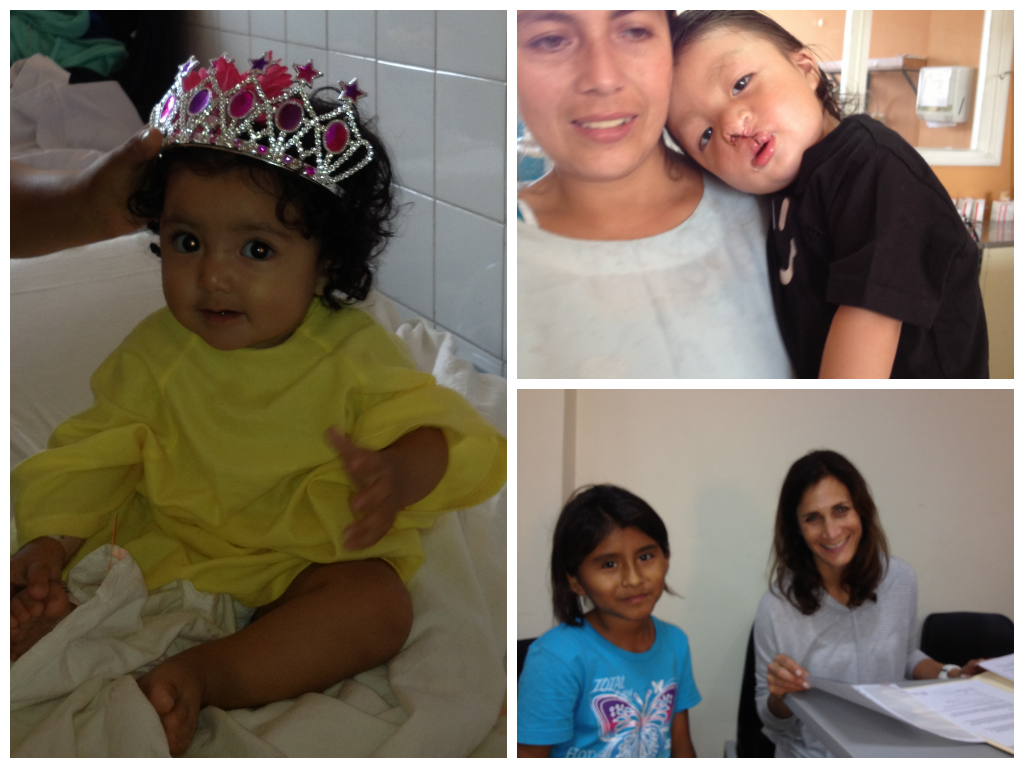
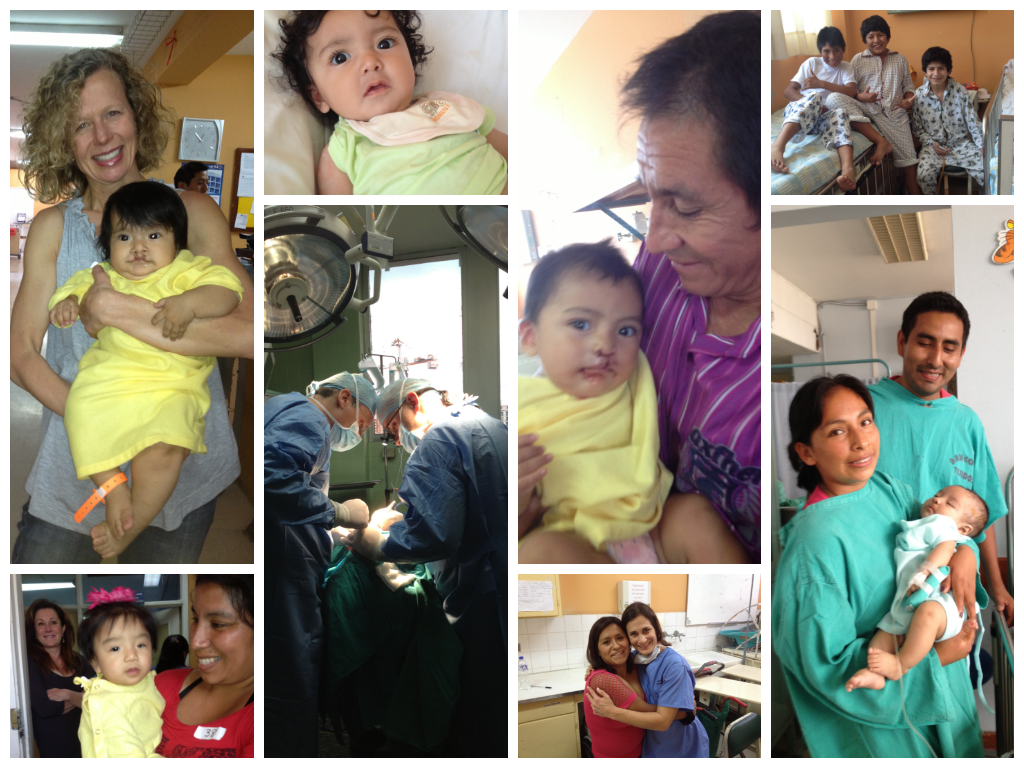
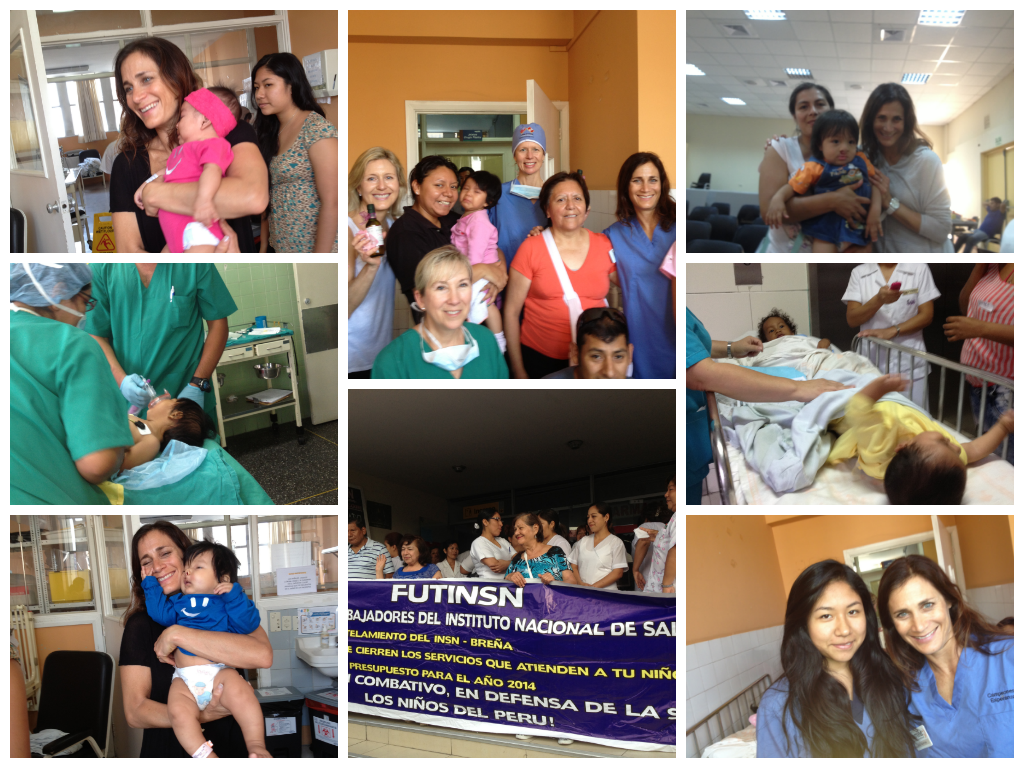
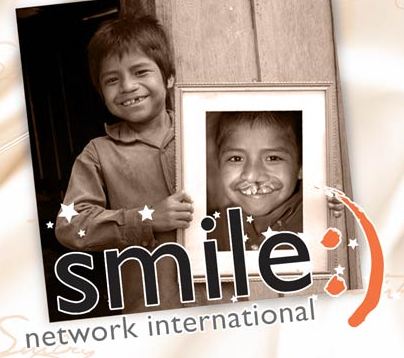
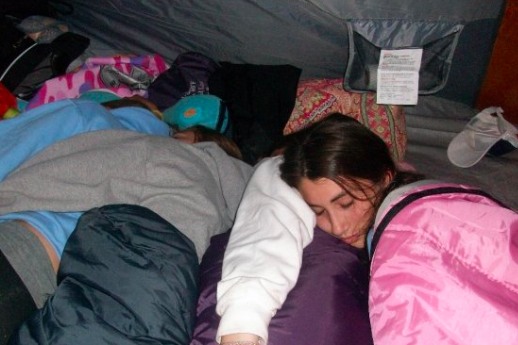
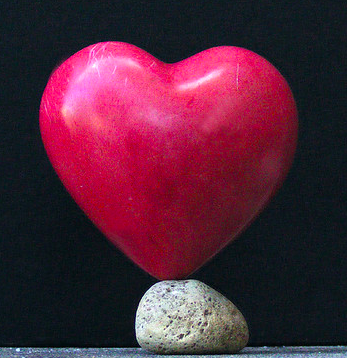
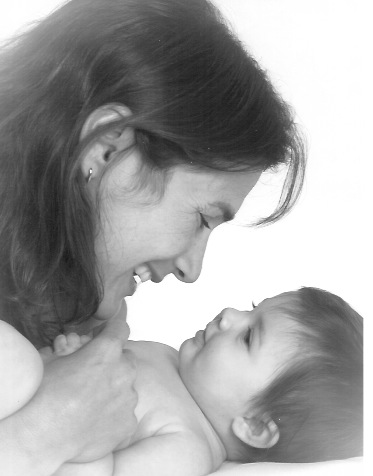
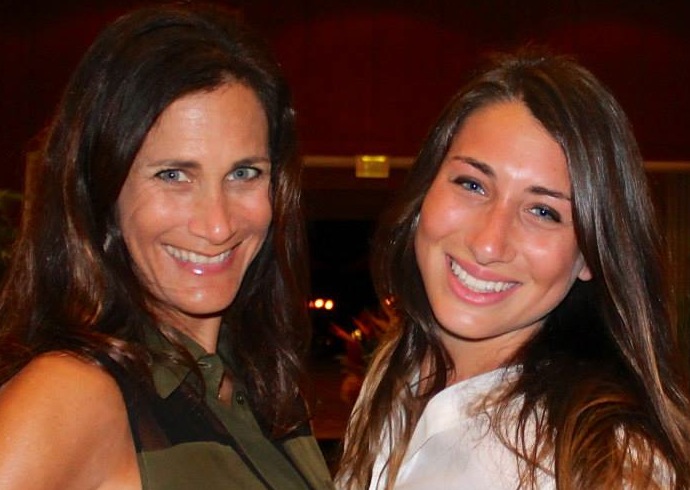 This is going to sound very unlike me since it was only four months ago that
This is going to sound very unlike me since it was only four months ago that 

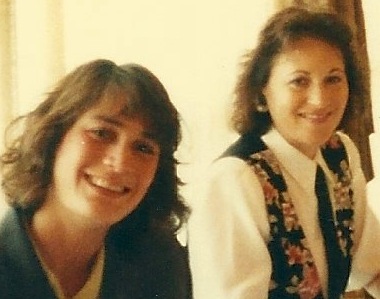 This has been an incredibly emotional and monumental week. Being a writer, there is one thing I am driven to do when my head and heart feel like they are going to simultaneously explode. For better or for worse (and I really hope it is for the better), I write. So, I broke down some of the extreme feelings that I have had over this past week into two categories and tried to make some sense out of them. I also tried to find the lessons in what I've experienced and would like to share some of my epiphanies/“ah-hah" moments with you:
This has been an incredibly emotional and monumental week. Being a writer, there is one thing I am driven to do when my head and heart feel like they are going to simultaneously explode. For better or for worse (and I really hope it is for the better), I write. So, I broke down some of the extreme feelings that I have had over this past week into two categories and tried to make some sense out of them. I also tried to find the lessons in what I've experienced and would like to share some of my epiphanies/“ah-hah" moments with you: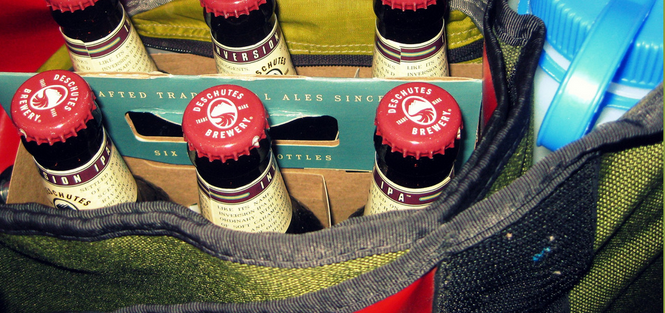
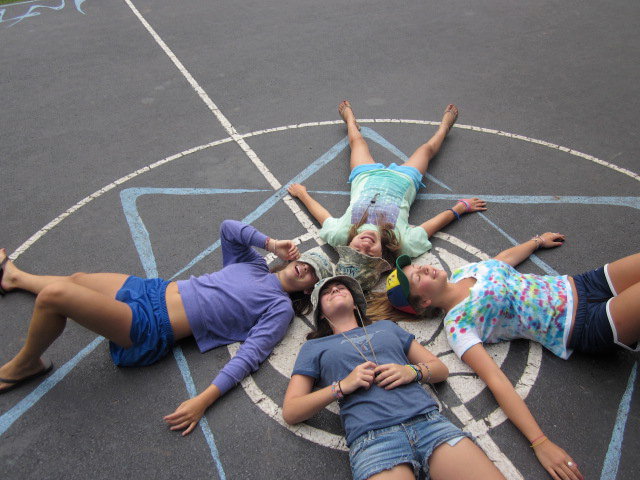 As a Minnesotan, December is the month when our landscape turns into a nasty frozen tundra, and it is difficult to savor the memories of the past summer or to believe that we will EVER be relieved of our constant state of FROZEN. But, of course, even though we sometimes have to wait until May, the thaw does come. My most notable December reminder of the warm hope of summer is delivered by envelopes and emails containing none other than…summer camp forms.
As a Minnesotan, December is the month when our landscape turns into a nasty frozen tundra, and it is difficult to savor the memories of the past summer or to believe that we will EVER be relieved of our constant state of FROZEN. But, of course, even though we sometimes have to wait until May, the thaw does come. My most notable December reminder of the warm hope of summer is delivered by envelopes and emails containing none other than…summer camp forms.
